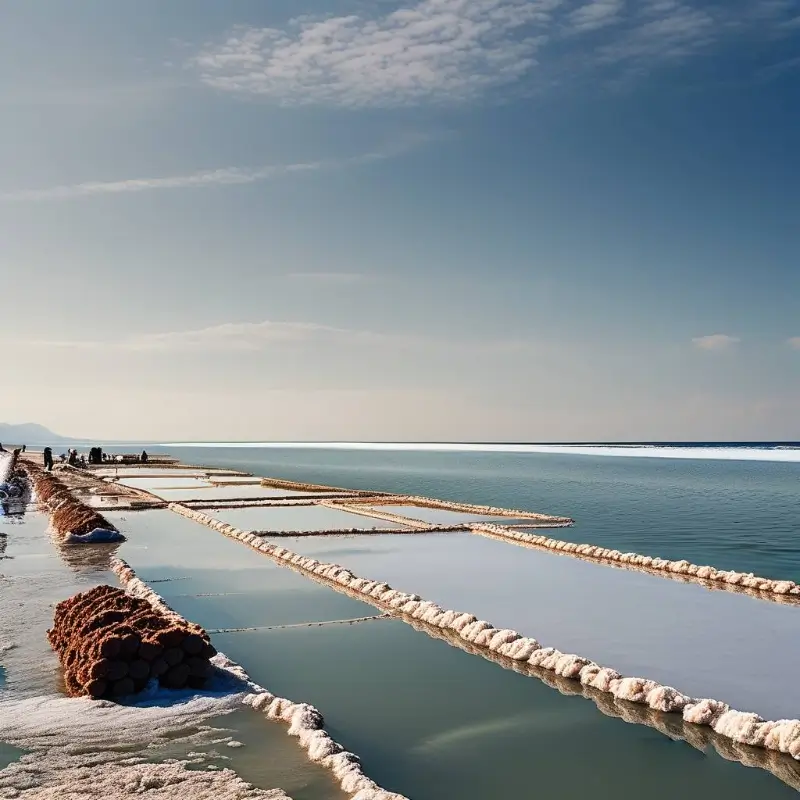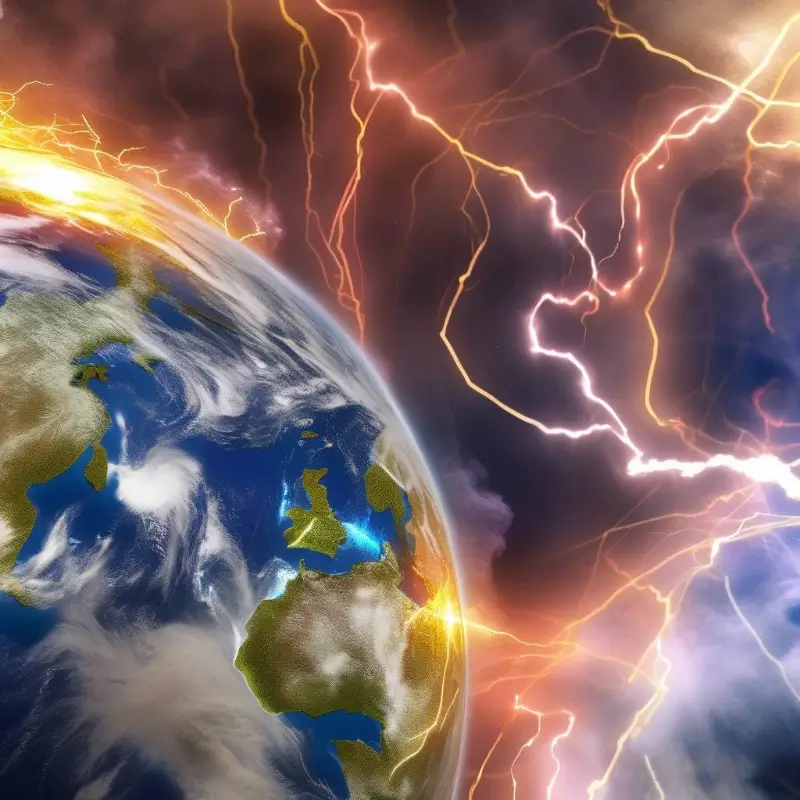why is sea water salty?
Sea water is salty primarily because of the natural geological processes that have occurred over millions of years, leading to the accumulation of salts in the Earth’s oceans. Here’s a simplified explanation of why sea water is salty:
- Rock Weathering: Rainwater interacts with rocks on the Earth’s surface, breaking down minerals through a process called weathering. This weathering releases ions, which are electrically charged particles, into the water.
- Erosion and Runoff: The weathered rocks are then eroded and the resulting materials are carried by rivers to the ocean. These materials include salts derived from minerals such as halite (rock salt), calcium carbonate (limestone), and magnesium compounds.
- Evaporation: As the water from rivers and streams reaches the ocean, it mixes with the existing seawater. Over time, solar radiation causes the water to evaporate, leaving behind the dissolved salts and other minerals. This process of evaporation concentrates the salts in the remaining water.
- Geological Processes: Volcanic activity and the release of minerals from the Earth’s interior also contribute to the salinity of the oceans. These processes add additional ions, including sodium, chlorine, magnesium, and calcium, to the seawater.
- Continuous Accumulation: These processes have been occurring continuously over geological time, leading to the gradual accumulation of salts in the oceans. The balance between the rate of water input (from rivers and precipitation) and the rate of water output (from evaporation) determines the salinity of the sea water.
The average salinity of sea water is about 3.5 percent, which means that for every 100 grams of seawater, there are about 35 grams of salts. The majority of these salts are sodium chloride (table salt), but there are also significant amounts of magnesium, calcium, and potassium salts.
In summary, the salinity of sea water is a result of the accumulation of salts from weathering and erosion of rocks, volcanic activity, and other geological processes, combined with the continuous evaporation of water, which concentrates these salts in the oceans.



